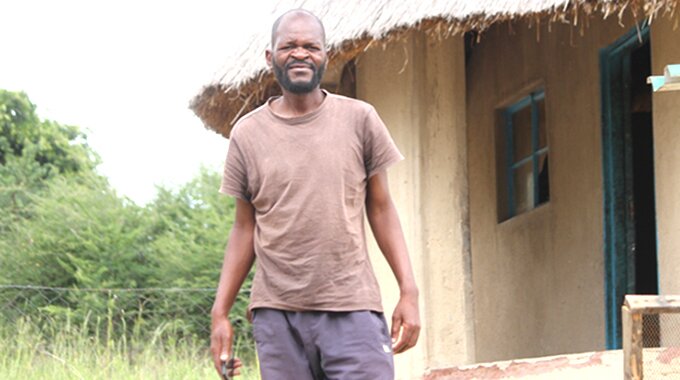Kuda Bwititi
Chief Reporter
Government will “carefully and gradually” inject into circulation high-denomination notes within the next few months, starting with $10 up to $50 by year-end, to ease prevailing cash shortages, Finance and Economic Development Minister Professor Mthuli Ncube has said.
Professor Ncube also told The Sunday Mail that he had cut new deals at the just-ended World Economic Forum in Davos, including an arrangement for grain imports from Europe as well as new partners to support clearance of arrears owed to International Financial Institutions (IFIs).
The minister headed Zimbabwe’s delegation at the Davos conference that was attended by the world’s top business leaders.
In a telephone interview on Friday, Professor Ncube said introduction of the high denomination notes was the next step to ease cash shortages.
Advertisement
“What I have always maintained is that the introduction of cash into the economy needs to be prudent, it needs to be careful. This is what we will do,” he said.
“Over the next few months we are going to do the $10, then we will do the $20 then $50. So these will come through at the necessary time and in necessary environment where inflation continues to be a challenge.
“I don’t want to be specific about the dates and commit to a timeframe, but we know that this is the next stage that we are pursuing.”
Professor Ncube lauded Reserve Bank of Zimbabwe Governor Dr John Mangudya for taking instant action to address the sudden surge in the exchange rate, which had last week moved to 1:25 against the US dollar on the parallel market.
“I spoke to the Governor from Switzerland, it was very good that the Central Bank was able to move very swiftly. That’s exactly what our FIU (Financial Intelligence Unit) should do and it sends a message that Government will remain vigilant to misuse of the market.”
Quizzed on what were the tangible outcomes from Davos summit, Professor Ncube said: “The discussions that we had on various facilities importing grain are conversations that have a direct impact on the ordinary people.
“What we have done so far is to put letters of credit arrangement to import grain.
‘‘But we have to do more and add more facilities.
“This is just one more facility that we are negotiating to import maize from Europe. It’s a facility that we are still negotiating.”
Professor Ncube said a number of companies indicated willingness to supply medicines to the country while a British firm expressed interest to invest in school infrastructure.
Advertisement
With regards clearance of international arrears, Professor Ncube said two European financiers were keen to bail out Zimbabwe.
“I spent time talking to financiers who want to work with us and they gave proposals on how they intend to assist. So there are institutions out there who are willing to help us clear those arrears. I actually met two of them who said they want to assist us,” he said.
“They had very interesting ideas which will enhance proposals that we have already put in place.
‘‘We can’t name them, but we are looking at having contracts with them.”
Professor Ncube said the Davos summit had also discussed how countries such as Zimbabwe can receive international investment through selling its carbon credits.
“We realised that other countries are making progress through the value of their natural assets. These assets, like forests, produce oxygen so one can use these kinds of forests to sell carbon credits. Companies that are polluting buy those carbon to offset their own pollution.
“We in Zimbabwe are sitting on green assets and we intend to do a natural assets valuation, once we quantify, we can be able to cash in on these carbon credits.”
He said the mission to Davos had also offered Zimbabwe an opportunity to engage and re-engage as well as develop beneficial relationships.
On the sidelines of the summit, a function was also held to showcase to investors opportunities available in the Zimbabwe.
Professor Ncube also held talks with various international figures including International Monetary Fund managing director, Ms Kristalina Georgieva, and Switzerland State Minister for Finance Daniela Stoffel, among other top executives.








